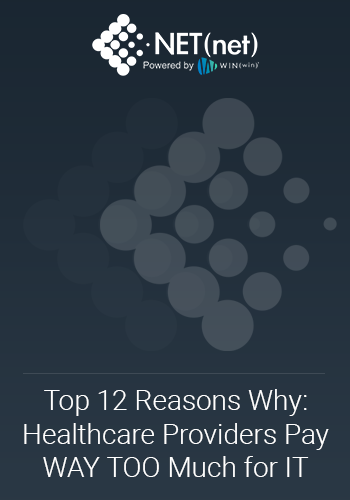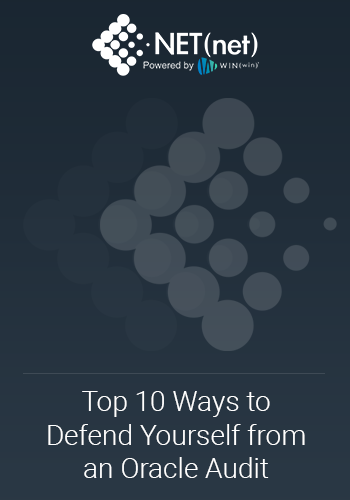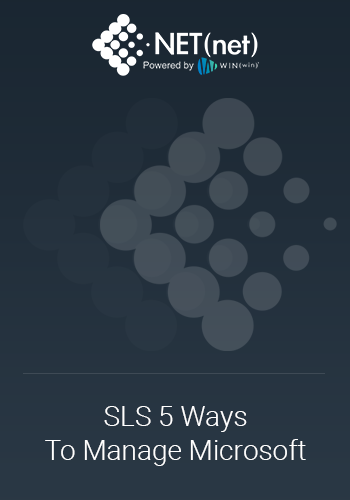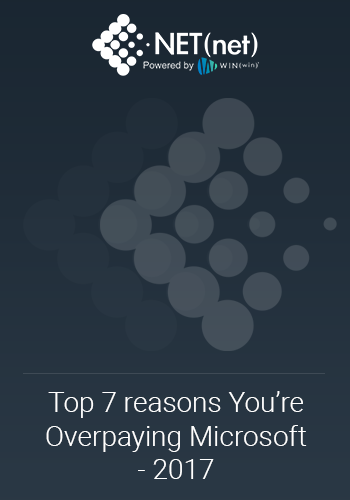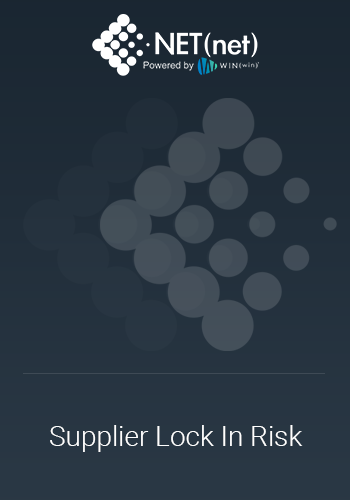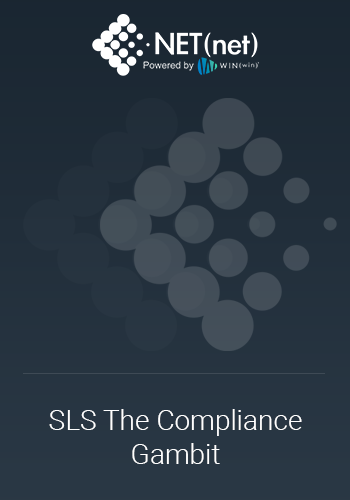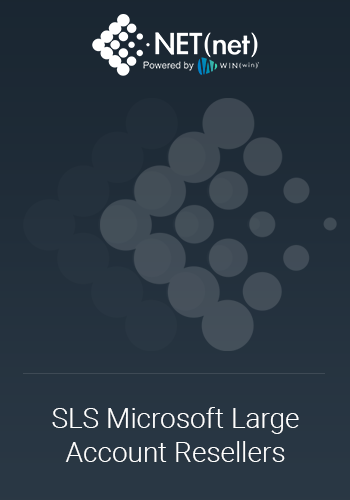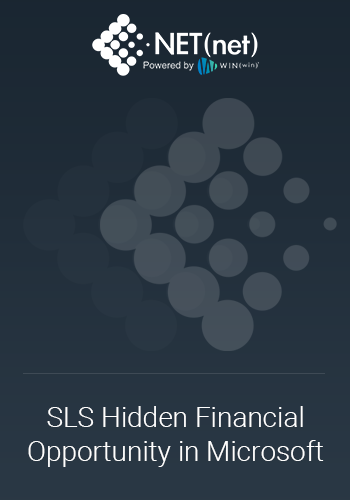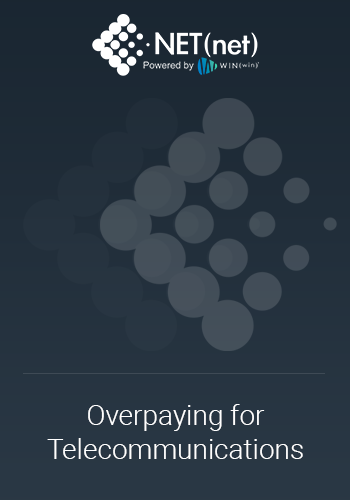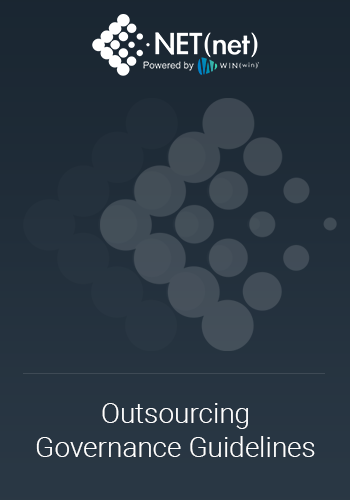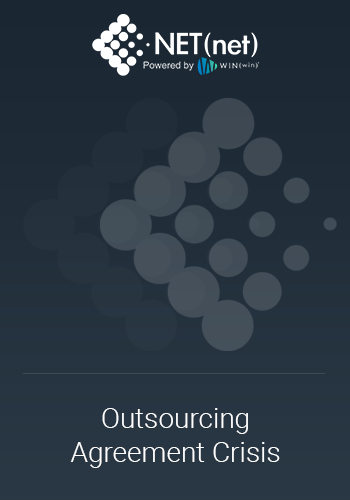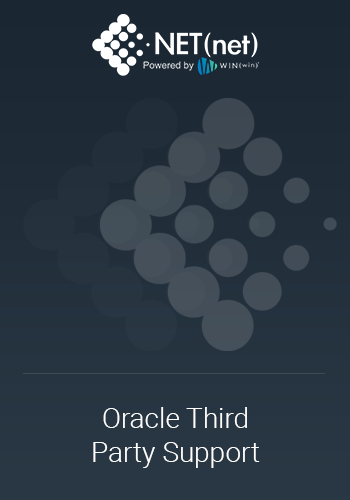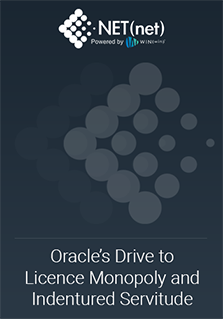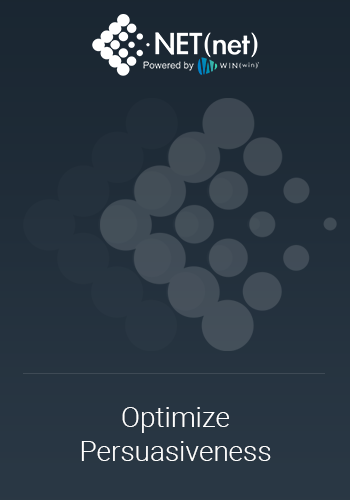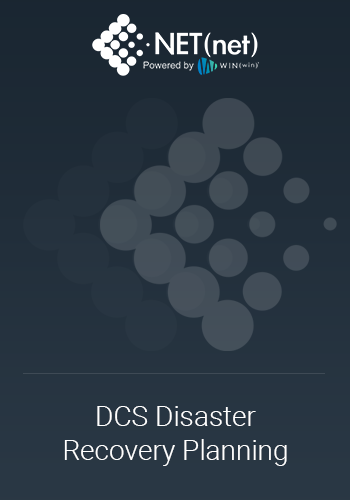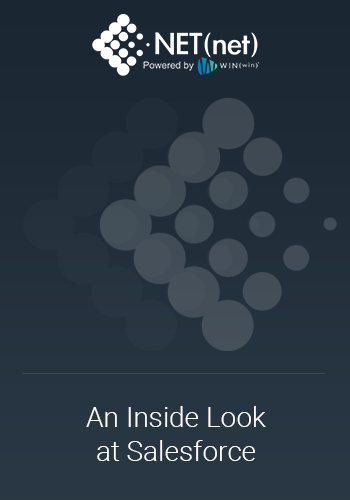Big changes are in store for current and soon to be VMware customers. And wherever we see big changes with our major suppliers, the fallout typically lands in two categories for their respective customers. 1) Those who see it coming and plan accordingly, and 2) those that take no action and let things happen to them. That latter category will end up paying a premium for years to come over their peers for the exact same products and services. With all the current happenings at VMware, now is the perfect time to analyze your current and or projected spend and plan accordingly so you can take advantage of this change, rather than become a victim of it. Below we look at the changes happening at Vmware along with the potential opportunities.
Request a link to benchmark VMware here.
Broadcom Acquisition – Buying Customers and Relevance
In May of 2022, Broadcom announced a deal to acquire VMWare for $61B in cash and stock, while also assuming nearly $8B of debt. One of the first alarm bells on this deal for VMware customers is that there is no obvious synergies between the two companies. Rather it appears for Broadcom a way to bring in an additional $8.5B to bolster is software division. In fact, upon completion of the acquisition, VMware will triple the size of Broadcom’s software unit. From a recent article outlining Broadcom CEO, Hock E. Tan’s historical strategy in acquisitions, “Mr. Tan has a history of finding companies with deep links into large corporations’ information-technology setups that would be difficult for them to abandon. The company then cuts costs and gets the most out of their products by cross-selling and upselling them…” This isn’t exactly a comforting thought to current VMware customers as they try to plan their future IT Supply Chain requirements.
Mr. Tan attempted to address these customer concerns on a Broadwing blog article where he says, “VMware develops technology for the future and addresses a growing market. The Broadcom business case for this transaction is premised on focusing on the business model, increasing R&D, and executing so that customers see the value of the full portfolio of innovative product offerings — not on increasing prices. Following the close of the transaction, we will invest in and innovate VMware’s products so we can sell even more of them and grow the VMware business within enterprises, deepening and expanding the footprint instead of potentially raising prices. Two things stand out with that quote:
- Deepening and expanding footprint can often mean leveraging other products and services in such a way as to promote and incentivize purchases you don’t want or need (Oracle anyone?). Often you will get bundles or offers for discounted services that usually come with a catch. That catch usually involves you getting ‘deeper’ into the supplier’s footprint making it more difficult and expensive to get out later.
- Potentially raising prices. The Webster’s definition of the base word, potential says it all: “Existing in possibility : capable of development into actuality.” In similar situations, we more often than not see potential as meaning ‘likely’.
Some analysts who follow Broadcom have echoed this sentiment as Steven Schuchart from GlobalData said in a recent Tech Monitor article, “Broadcom’s acquisition strategy seems to be around just trying to buy relevance in the enterprise IT market beyond its base chips business,” said Steven Schuchart, principal analyst at Global Data. “The only reason I can think Broadcom would want VMware is to diversify its product portfolio into software, which generally has a much less lumpy and more predictable income flow due to software subscriptions.”
We can see why this acquisition is appealing to Broadcom given VMware’s performance over the last several years, which they can now bring into the fold:
- 2018 - $7.68B
- 2019 - $9.61B
- 2020 - $10.8B
- 2021 - $11.7B
- 2022 - $12.8B
BIG Licensing Changes
As if on cue, Tom Krause announced on a May 2022 earnings call after the announcement, that there would be “…a rapid transition from a perpetual license model to subscription.” With this announcement they set expectations that VMware would experience slower than normal revenue growth as they make the transition, but fully expect that after, revenue will exceed expectations. That sounds really great for Broadcom and ultimately VMware, but how will that go for customers? Transitioning from perpetual licenses for many companies would ostensibly take years. Still others are just not ready for it financially or otherwise. Many customers who are reliant for the on-premises solution should be very concerned given the lack of control they will soon have over updates and support.
Re-platforming and migrating will be VERY costly for many, and never have we seen a long-term price drop in enterprise bills for subscriptions. In fact, the opposite is true that most firms end up spending more over-time on subscriptions than they would have on perpetual licenses. Please call us to chat before you plan any re-contracting activities with VMware. Without assistance, these deals are financially one-sided and almost never result in better ROI and or value attained from supplier.
Regulatory – Not So Fast?
The EU has announced an anti-trust review that could prove to be interesting as many VMware customers have contacted authorities to voice their concerns. Several online articles have said that these customers have raised as examples the CA Technologies and Symantec acquisitions by Broadcom as examples of anti-competitive behavior they claim resulted on less choice and higher prices. Common sense dictates that a company does not spend $60+B to give more options to their competition while lowering their own prices at the same time. The more we look at Broadcom’s historical acquisitions and statements made to date, its clear that this is a bolt-on intended to help Broadcom get their tentacles farther and wider in the enterprise where they can raise prices with little pushback from their customers who now have few options (i.e., those would be the ‘victims’ as referenced at the top of the article).
Given the size of the deal, its no surprise that it will come under scrutiny, and we fully expect similar reviews by the United States and other countries. But given the lack of obvious synergies and the competitive landscape, it will be interesting to watch the regulators on this one.
Leadership[ Exodus
If all the above weren’t enough to be concerned, just look to the recent (December 2022) exodus of three key executives:
- Tom Gillis, SVP and GM of Networking and Advanced Security Business
- Mark Lohmeyer, VP and GM of Cloud Infrastructure Group
- Ajay Patel, VP and GM of Modern Applications and Management Business Group
So, if you are a VMware customer and see these executives leaving the question now is how many more will leave? Will the most talented amongst the rank and file also make moves based on what Sr. Executives are doing? Who will be supporting you long term if a revolving door starts to spin? What also stands out with these departures are that they all led key areas cited by Broadcom for product and revenue growth. If you were leading a group that will be a key part of the business post acquisition, then why leave? At this point its speculation, but the timing is not a good look for Broadcom as they try to ‘sell’ the benefits to VMware customers and the broader market.
Opportunities
Not all the above has to be bad news for VMware customers. There are opportunities now to prepare for the transition and acquisition so it comes out in your favor long-term, but this takes planning and a willingness to seek help from those who have done this before and know the pitfalls. Of course, I’m talking about NET(net), but we have helped customers with transitioning from perpetual to subscription models extensively over the past several years. We’ve also helped Clients who tried to do it on their own and came back later looking for a parachute. While we can help you with a parachute, it’s a far better proposition to engage us early to plan, execute, and negotiate a strategic agreement that will put your firm in the drivers seat for years to come, and enable all possible options when market conditions or your business warrants a change.
Contact us to learn more on how we can help you save on VMware.
About NET(net)
Founded in 2002, NET(net) is the world’s leading IT Investment Optimization firm, helping clients find, get, and keep more economic and strategic value in their technology supply chains. With over 2,500 clients around the world in nearly all industries and geographies, and with the experience of over 25,000 field engagements with over 250 technology suppliers in XaaS, Cloud, Hardware, Software, Services, Healthcare, Outsourcing, Infrastructure, Telecommunications, and other areas of IT spend, NET(net) has the expertise you need, the experience you want, and delivers the performance you demand, resulting in incremental client captured value in excess of $250 billion since 2002. Contact us today at info@netnetweb.com, visit us online at www.netnetweb.com, or call us at +1-616-546-3100 to see if we can help you capture more value in your IT investments, agreements, and relationships.
NET(net)’s Website/Blogs/Articles and other content is subject to NET(net)’s legal terms offered for general information purposes only, and while NET(net) may offer views and opinions regarding the subject matter, such views and opinions are not intended to malign or disparage any other company or other individual or group.

